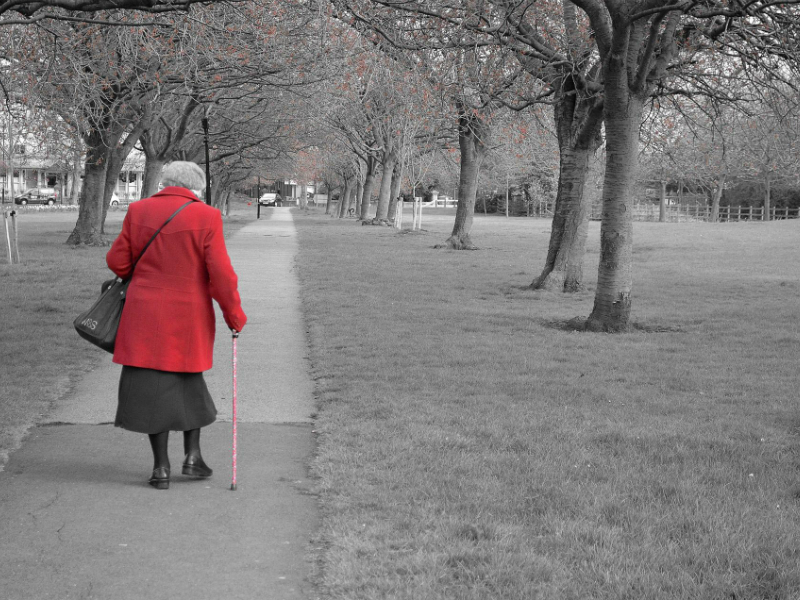Homo sapiens are “habitual bipeds,” creatures that walk on two legs. While part of our nature, walking seems to be challenging to technologically dependent human beings. Tens of thousands of injuries are attributed to smartphone use while walking. It is so problematic that some municipalities issue fines for walking and texting. Bipedal walking may be natural, but it does require attention.
Walking plays an important role in the Bible. God commands Abraham, “Go forth from your land”; Ruth responds to Naomi, “Wherever you go, I will go.” The metaphor of walking also plays a large role in Parashat Bechukotai. In the elaboration of blessings and curses, walking is mentioned 10 times.
First appearing in Leviticus 26:21, there is a phrase describing the possibility of our shunning God, im teilchu imi keri, meaning “if you remain hostile to Me.” A literal translation would be, “if you walk with me haphazardly” or “by chance.” Chizkuni explained this as meaning attributing things that befall us as being mere coincidence. According to Rashbam, it means that we deny God’s role in what happens, “as a person who does not walk constantly with the Creator.”
This spiritually haphazard meandering is found in the warning about curses that will befall us if we fail to walk the path God sets before us. Every punishment we view as happening by coincidence will be met with greater punishment. But if we look where we’re going or, better yet, walk with our guide, we would avoid the pitfalls along the way.
These instructions are clearly spelled out at the beginning of Bechukotai, also using the metaphor of walking. “If you walk with My laws” then God will always “walk among you.” Liberation from slavery was God’s starting point. Making us “walk erect” follows. This stature enables us to continue along God’s path from liberation to responsibility, culminating with our standing at Sinai on Shavuot. Our journey takes us from habitual bipeds to moral human beings.
